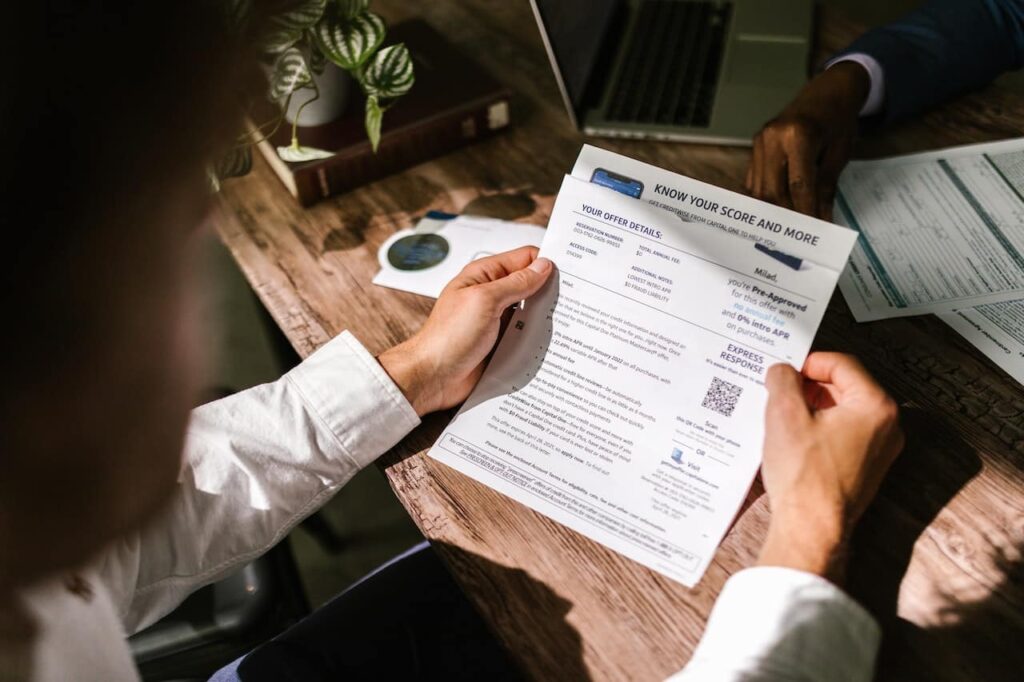The town of North Riverside, Ill., has dubbed Oct. 31, “Halloween Party Time,” but only for children and only before 7 p.m.
In South Hill, Va., if you are over age 12, masks, costumes or disguises are forbidden, even in a private home.
Sanford North Carolina prohibits anyone over the age of 12 from appearing in public “for the purpose of making ‘trick or treat’ visitations” and limit trick-or-treating to 6 to 9 p.m. on Halloween night.
Of course, some of the most noteworthy Halloween laws don’t deal with child safety at all. As reported on the website Smosh.com, there are Halloween laws that require you to get a permit from the sheriff to wear a mask in public, laws that prohibit “pretending to be a clergyman” and even laws that impose a $1,000 fine for spraying silly string.
In 2010, Livingston Parish in Louisiana mandated that trick-or-treating occur on Monday, Nov. 1, out of concern that some residents that might be offended by costumed children celebrating Halloween on a Sunday.
Most towns ban any activity in cemeteries after sundown, but one of our favorite cemetery laws comes from Gastonia. Under the local code, all funerals “must be arranged so that the grave may be properly filled and all surplus ground cleaned away before 6 p.m.” You may wonder what this law has to do with Halloween. Although there may be valid safety concerns with leaving unfilled holes in the ground at night, we note that Gastonia has never had a problem with vampires. Denying vampires an open and inviting place to rest before sunrise must have something to do with that.
We hope you have a safe, fun and lawful Halloween and we invite you to contact us regarding your legal issues at (877) 449-8898.















